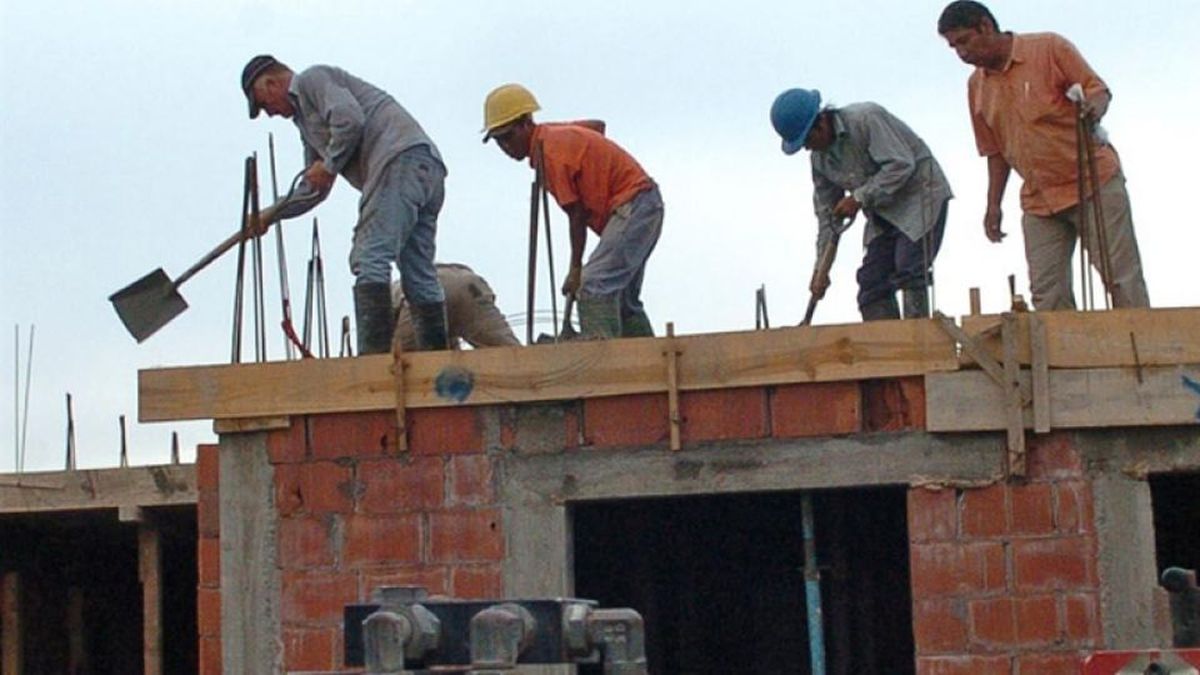Interview
There are no longer any corona restrictions in Denmark. Germany is still a long way from that. In March, Karl Lauterbach described the Danish opening plan as a “spectacular mistake”. Today he wouldn’t say that anymore – and sees the path as exemplary.
In Denmark, it seems these days, there is no longer any corona. In the discotheques there is no distance to party, in the restaurants you no longer need a 3G certificate, and there is no longer a mask requirement. This is currently around 50; more than is fully vaccinated.
Germany’s northern neighbor abolished all of its corona restrictions on September 10th – there are only measures to be taken when entering the country. The disease has been classified as “not critical to society”. The country owes this opening, the return to freedom, to a very high vaccination rate and to an opening plan that the social democratic government laid down across party lines in March.
“A system that I can now consider exemplary”
SPD health expert Karl Lauterbach called the opening plan in March, after it was presented, a “spectacular mistake” of which he could only warn.
Today he would no longer describe the Danish way as a mistake – and even consider it exemplary, as he did in an interview with the stern says.
Mr Lauterbach, in March Denmark presented an opening plan for the way out of the pandemic. Back then, you tweeted that you called it a “spectacular mistake”. Today there are no longer any corona restrictions, the country has a lower incidence than Germany, a high vaccination rate and no sharp increase in the number of infections. Would you still describe Denmark’s path as a “spectacular mistake”?
No. At the time, like many others, I did not expect Denmark to achieve this high vaccination rate. But that happened. So the Danes have actually done something that no other European country has been able to do before. The vaccination quota was able to be increased significantly within a few weeks in anticipation of a subsequent opening. This is a system that I can now consider exemplary. The citizens got the message: “If we get this vaccination quota in this region, we can open up.”
In your opinion, the vaccination quota was the decisive factor. What did Denmark do right?
Denmark got the order right. Denmark has said that if this vaccination rate is reached, we will open up. We could do that in Germany too. For example, we could say that if we get a vaccination rate of 85 percent and higher in adults, then we can make openings.
In Germany, corona experts are warning of a harsh winter. What do you think Denmark will be hit hard?
There is no way things will go on in Denmark as they are now. The Danes will also have certain problems. But once you have such a high vaccination rate, you can of course increase the vaccination rate again when the number of cases increases again. In addition, they then also receive a not inconsiderable part of those who have recovered. So Denmark starts the winter much better compared to us.
The prospect of regaining freedom with a high vaccination rate was part of the success. What could or should Germany learn from Denmark?
I think that’s the bottom line, if you will. Many other things are difficult to learn. For example, the Danes have a much higher confidence in their state that when it is announced that the vaccination is safe, the Danes believe that it is actually vaccinated. Many people in Germany are skeptical about this. More needs to be done. We need to be much clearer in articulating the concerns people have.
The Danes also have a great deal of trust in the state that a promise, if the vaccination rate is high, that openings are actually possible and that these will take place. The confidence in the state that is so strong in Denmark is very noteworthy and important here.
What do you think: When can it be the same in Germany as it is in Denmark now?
We don’t know at this point in time. We don’t know when the unvaccinated will decide to get vaccinated or if they will at all. If they don’t, it will unfortunately take a very long time for the unvaccinated, let me say person by person, slowly develop into recoveries. Then there would be a slow contamination of the unvaccinated and that would delay the process very much.
Interview: Rune Weichert




